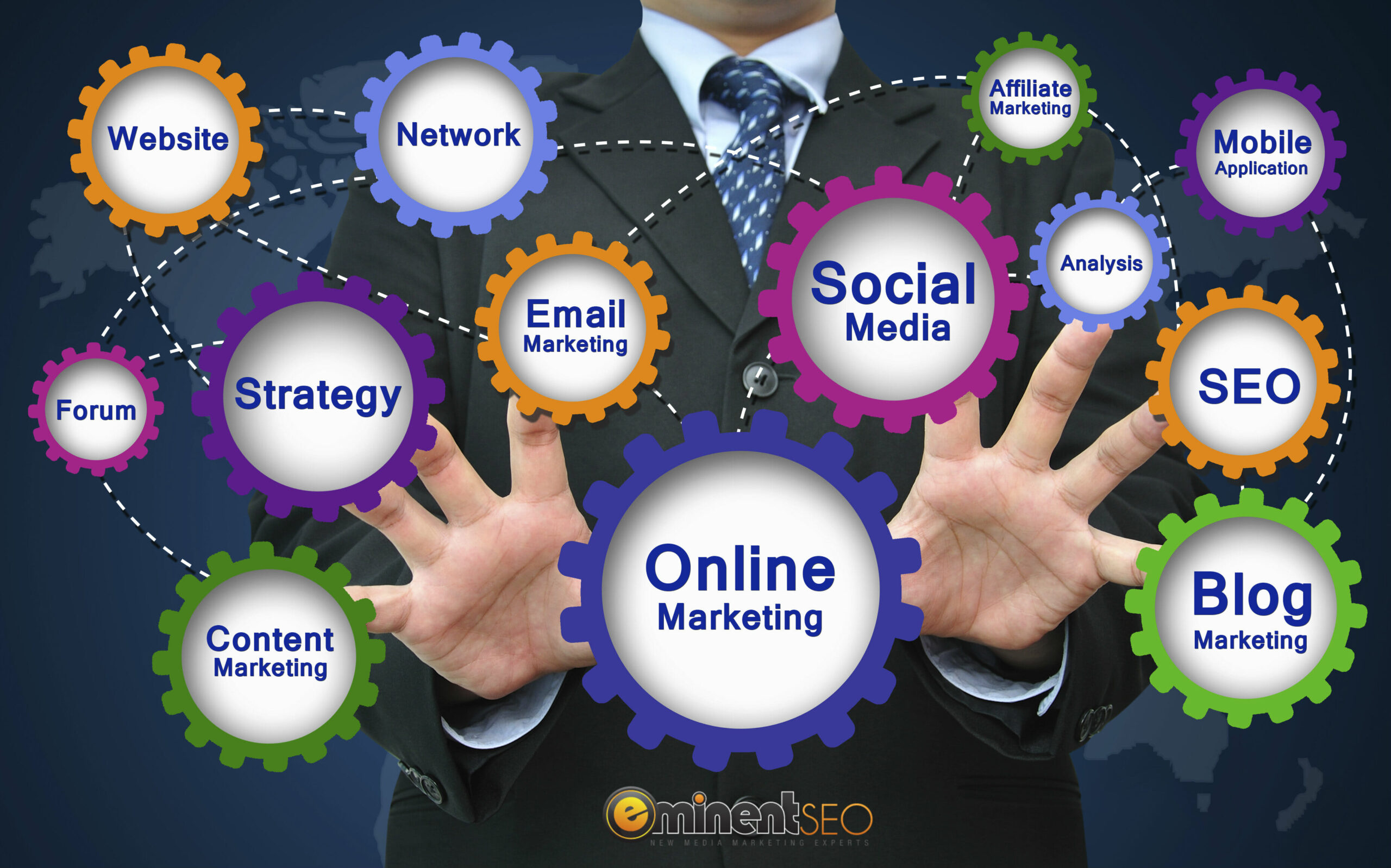By Maria Papagiannopoulou,
In the dynamic landscape of marketing, where consumer attention is a precious commodity, the ability to captivate and engage an audience is paramount. Amidst the plethora of strategies, one timeless and compelling approach stands out—the art of storytelling. Stories have an unparalleled power to resonate with audiences on a visceral level, creating a lasting impression that transcends the transactional. In this article, we explore the profound impact of storytelling in marketing and how it transforms brands from mere entities into narrators of compelling tales.
At its core, storytelling is a fundamental human experience. By weaving narratives that resonate with universal themes, brands can forge emotional connections with their audience. These connections go beyond product features; they tap into the values, aspirations, and emotions that define the consumer’s identity.
Stories are the backbone of a brand’s identity. Through narrative, brands can define and communicate their values, mission, and vision. A well-crafted brand story not only distinguishes a product from its competitors but also leaves a lasting imprint on the consumer’s memory, creating a sense of loyalty and trust.
In an era of information overload, the ability to grab and retain attention is a valuable currency. Storytelling offers a unique way to cut through the noise. A compelling narrative can transform a mundane product description into an engaging journey, keeping the audience hooked from the first sentence to the final call-to-action.
Consumers seek relatability in the brands they choose. Through storytelling, brands can humanize themselves, showcasing real people and real experiences. This authenticity resonates with consumers, making the brand more approachable and relatable.
Storytelling allows brands to subtly weave their value propositions into narratives. Instead of bombarding consumers with a list of features, brands can showcase the real-world benefits of their products or services through storytelling. This approach allows the audience to envision the positive impact on their own lives.

Stories have the power to create memorable and shareable experiences. A narrative that evokes emotion is more likely to be remembered and shared, extending the reach of the brand through word-of-mouth and social media.
Storytelling is versatile and can adapt to various marketing channels. Whether through video, social media posts, blog articles, or interactive campaigns, narratives can be tailored to suit the platform while maintaining a consistent brand story.
The ultimate goal of marketing is to drive action. Stories, with their ability to inspire, can be a powerful catalyst for action. Whether it’s making a purchase, signing up for a newsletter, or participating in a campaign, a well-told story can motivate consumers to take the desired steps.
In the ever-evolving landscape of marketing, the power of storytelling remains an indispensable tool. Brands that master the art of narrative not only engage their audience but also create a lasting legacy in the hearts and minds of consumers. As marketers continue to navigate the complexities of the digital age, the timeless allure of storytelling stands as a beacon, guiding the way towards authentic connections and enduring brand loyalty.
Marketing in the 21st century plays a pivotal role in the success and sustainability of businesses across various industries. Here are several reasons why marketing is crucial in the contemporary landscape:
Globalization and Connectivity:
In the 21st century, the world is more interconnected than ever before. Digital technologies and the internet have created a global marketplace where businesses can reach audiences beyond their geographical boundaries. Marketing facilitates the expansion of businesses into new markets and helps them connect with diverse audiences.
Digital Transformation:
The digital revolution has transformed how businesses operate and how consumers interact with brands. Marketing in the 21st century involves leveraging digital channels, social media, and online platforms to reach and engage target audiences. Digital marketing allows for real-time interactions, personalized communication, and precise targeting.
Consumer Empowerment:
Consumers today have access to an abundance of information and choices. Marketing helps businesses navigate this environment by creating compelling narratives, building brand trust, and demonstrating the unique value they offer. Engaging marketing strategies empower consumers to make informed decisions aligned with their preferences and values.
Data-Driven Decision Making:
Advanced analytics and data-driven insights have become integral to marketing strategies. Businesses can collect and analyze data to understand consumer behavior, preferences, and market trends. This information enables marketers to make informed decisions, optimize campaigns, and tailor their approach to meet evolving consumer needs.
Brand Building and Differentiation:
In a competitive landscape, effective marketing is essential for brand building and differentiation. A strong brand identity, communicated through marketing efforts, helps businesses stand out from competitors. Consistent and compelling branding fosters trust, loyalty, and emotional connections with consumers.
Social Media Influence:
Social media platforms have become powerful tools for marketing in the 21st century. These platforms facilitate direct communication with consumers, allow for real-time engagement, and provide opportunities for user-generated content. Social media marketing is crucial for building brand awareness, fostering community, and managing brand reputation.
Evolving Consumer Behavior:
Consumer behavior is constantly evolving, influenced by technological advancements and societal changes. Marketing strategies need to adapt to these shifts, understanding the preferences, values, and habits of the target audience. Businesses that can anticipate and respond to changing consumer behavior are more likely to thrive.
Innovation and Technology Integration:
Marketing is at the forefront of embracing innovative technologies. Augmented reality, virtual reality, artificial intelligence, and other emerging technologies are being integrated into marketing campaigns to create immersive and personalized experiences. Staying abreast of technological trends is essential for maintaining relevance in the 21st-century market.
References
- Chapman, L. (2023). What is Storytelling in Marketing? The What, Why, and How. Product Marketing Alliance. Available here
- What Marketing in the 21st Century Means. (2020). Small Business – Chron.com. Available here




